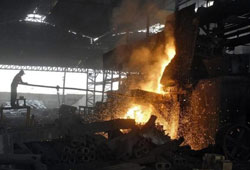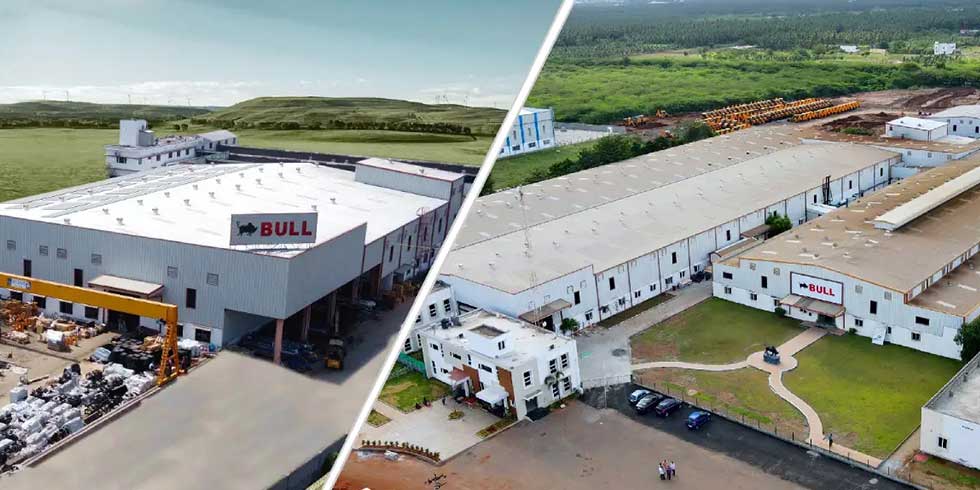Domestic industrial output probably bounced in August from a four-month low, driven by solid growth in core industries, although a broader economic recovery is likely still some distance away, a Reuters survey found.
Production at factories, mines and utilities likely rose an annual 2.4 per cent in August, up from the 0.5 per cent rise in July, according to the poll of 26 economists. The government will release the output data on Friday.
The consensus reflects optimism about higher production in the electricity, cement, coal and steel industries.
But manufacturing output has more catching up to do. Growth in the sector is well below the near 10 per cent peak in late 2009 and 2011 - in part due to stubbornly-high inflation and borrowing costs, which have led to weak investment and demand.
Data last week showed output in eight core industries, which account for more than a third of overall factory production, rose 5.8 per cent in August over the previous year, up from 2.7 per cent in July.
"The more important point really is that even if it (factory output) shows a slight pickup... It is still extremely weak and shows a lot more work still needs to done," said Shilan Shah, economist at Capital Economics.
Private surveys are telling a similar story. Factory activity expanded at its weakest pace in nine months in September as growth in new orders slowed, according to HSBC's PMI survey of businesses.
"PMIs in the last couple of months have... Fallen back and although the relationship isn't exactly one-to-one, (they) suggest that IP is going to remain very weak," Shah added.
The afterglow of Prime Minister Narendra Modi's election victory in May helped the country's lumbering economy register its fastest growth in two-and-a-half years for the quarter ending in June.
But the Prime Minister is yet to launch big-bang reforms needed to propel the economy back to a near double-digit annual growth and bring down stubbornly high inflation. Soaring prices of essential food items have squeezed the country's consumers and in turn, has hurt capital investment.
Industrial output likely rose by 2.4 per cent in August, says survey








Add Comment